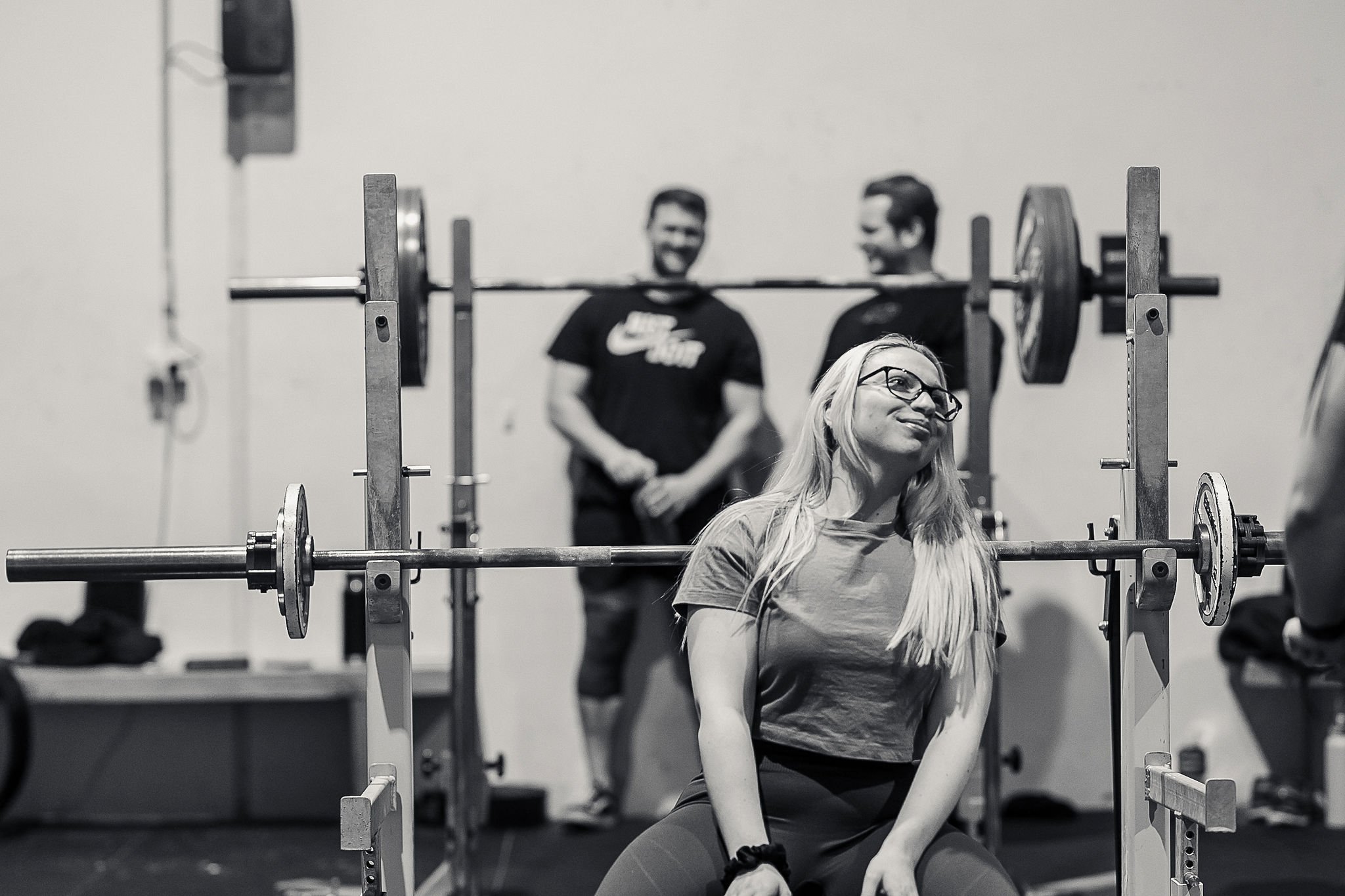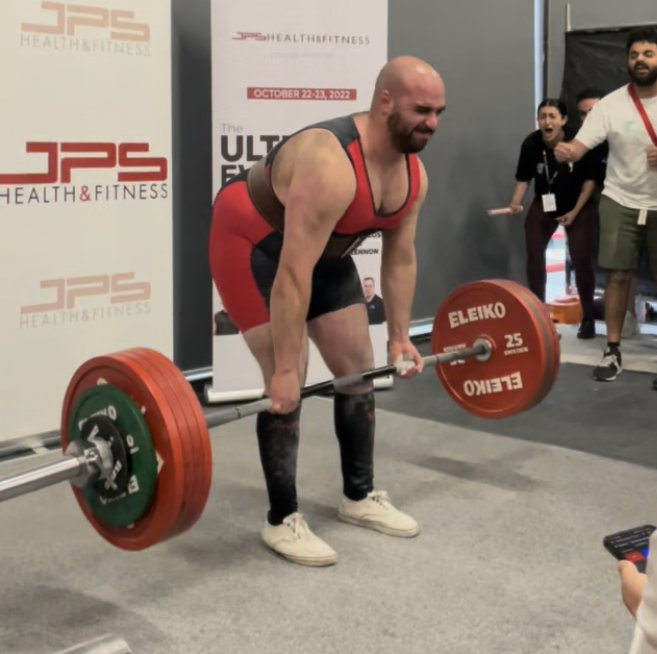
TSF Blog
Want to learn more about powerlifting training and competition? Make yourself a cuppa and let us tell you some stories.
15 Reasons Beginners Procrastinate Their First Powerlifting Meet (and Why They Shouldn’t)
Putting yourself out there on the powerlifting platform is extraordinarily vulnerable. It is exceptionally brave to put yourself in view of the public and say “I have worked really hard on this thing, it is important to me, I’ve never done it before like this, but I’m going to try". It’s only natural to have fears and reservations.
Personally though, I don’t think fear is a very good reason not to do something. So I’m going to do my best to put some of your fears to rest so that you can let yourself experience how very cool it is to compete in a strength sport.
Here are the 15 most common reasons that I’ve heard in my career working with beginner lifters for why someone is absolutely not ready to enter their first meet, and why I think they’re wrong.
How To Be a Good Training Partner.
Many of my best training sessions were the best because of the people I had around and either side of me at the time. A good session becomes a great session and a good training block becomes a great training block when the people you’re surrounded by know how to support you.
And so when I’m training hard and I’m pursuing ✨ excellence ✨ in my training and in my sport, I want damn good people in the room with me. And similarly, I want the people that train alongside me to feel that I help get the very best out of them. I want people at TSF to walk in the gym on the day of a heavy session and be like “ooft, I am so glad Billie is here.”
So what makes a good training partner? How can you become someone that people want around when they’re pushing limits?
Accessory Exercises: What’s Their Purpose?
Accessory exercises are included in a powerlifting program to foster the outcome of lifting the maximum load possible in each of the powerlifts. To get better at powerlifting, some may think that all you need to do is squat, bench and deadlift, repeat forever. However this is not the case. While performing the SBD is valuable for improving at them and they are certainly an important part of your program, when performed exclusively they will inhibit your powerlifting performance. That is because they are not the best tools for developing technique, building muscle, nor reducing injury risk. And so, we include other exercises in our program.
I believe that it is extremely important for a lifter to understand why a certain exercise has been included in their program. When a lifter understands the purpose of an exercise, they can execute the exercise in such a way that it achieves that purpose. Furthermore, psychologically they will also have much more buy in to their program when they understand how it is working to shuttle them towards their goals.
Post-Competition Reflection
I competed a few weeks ago at the JPS Spring Showdown. It was an insanely fun day; the most fun I’ve ever had at a competition. I made some good lifts. I also made some shocking mistakes.
Each time I compete, I always have a period of self-reflection where I go through what I did well, what could have been better, my future competition aspirations, how I want to train on the other side of comp and any ideas for my training that I’d like to flag with my coach.
Here are my reflections from the JPS competition. Perhaps you learn from my mistakes. Or perhaps this just prompts some more reflective practices in you.





